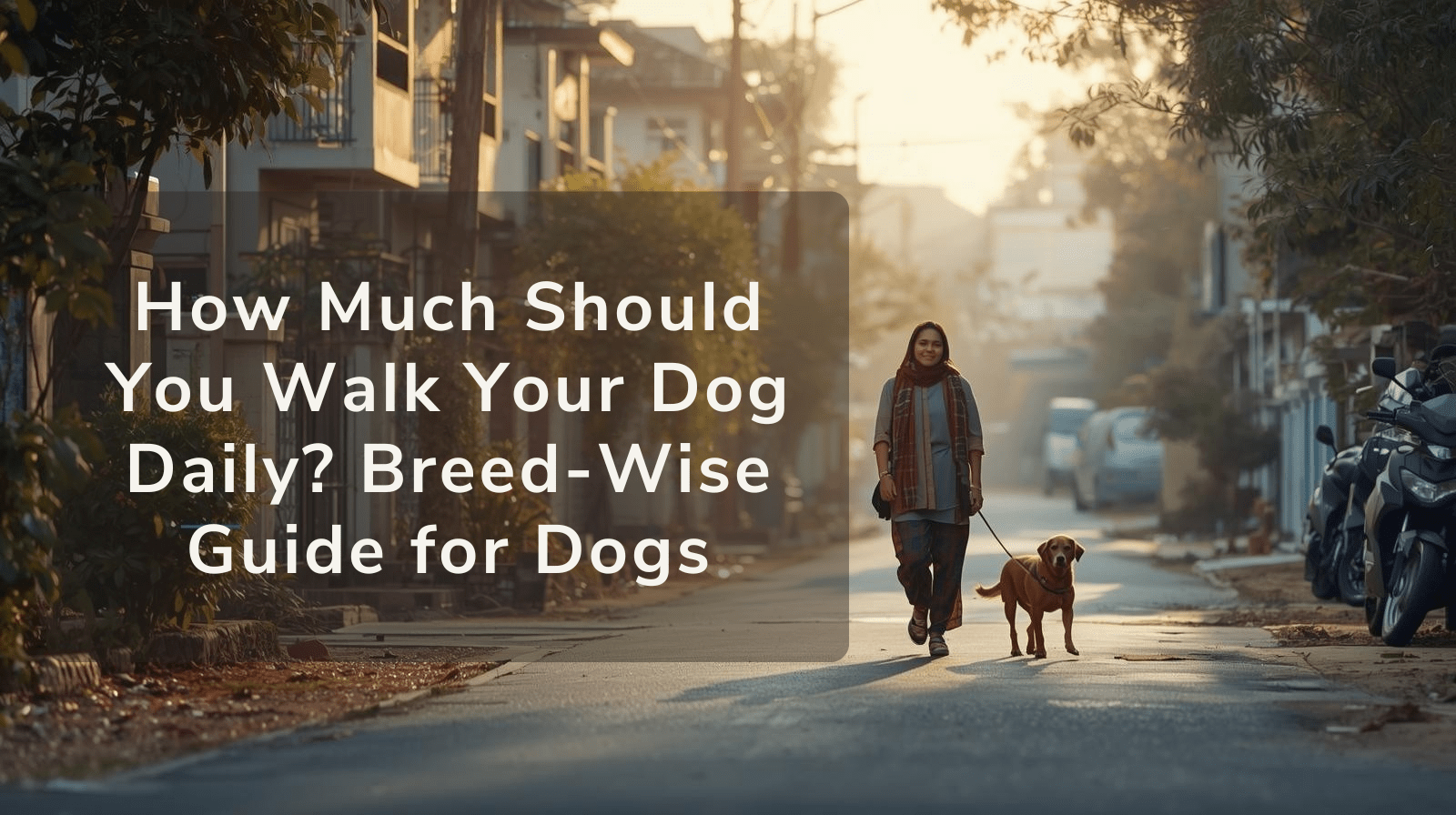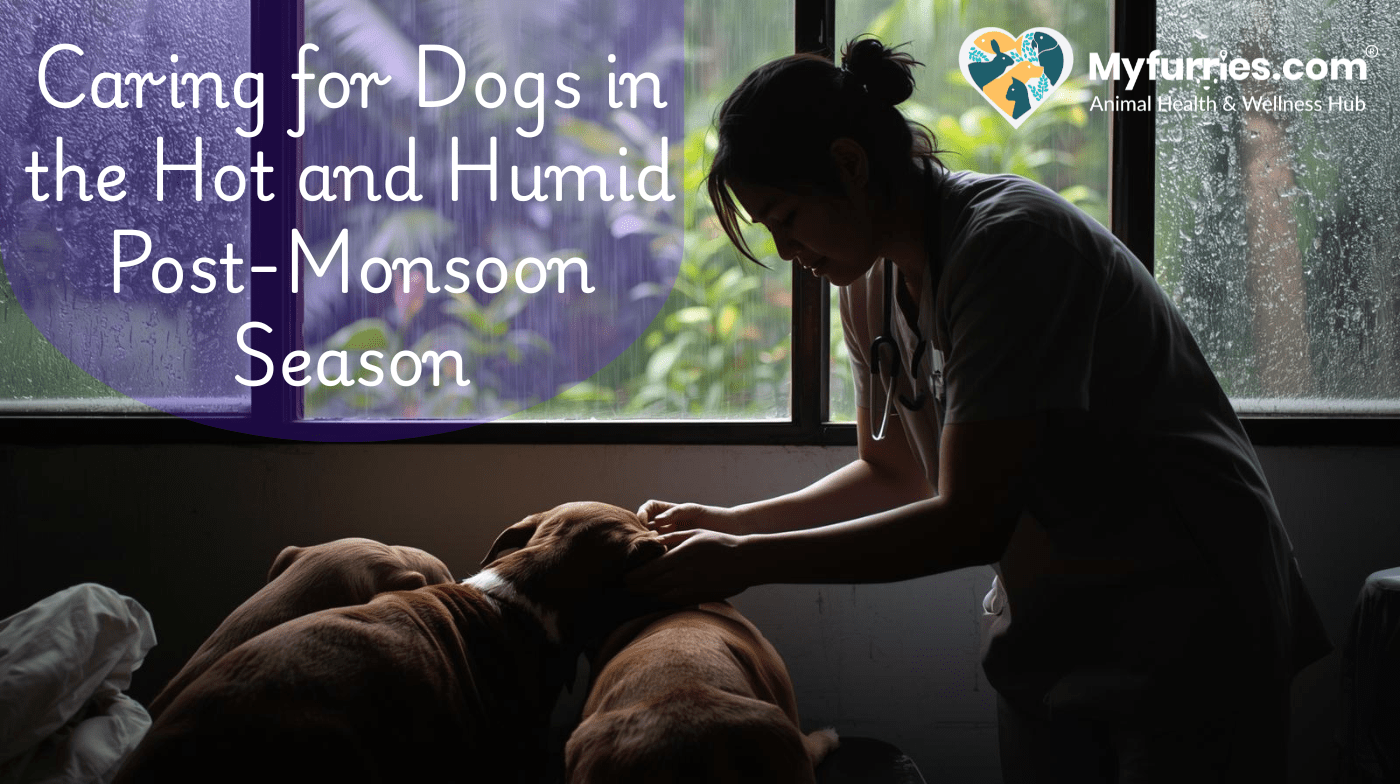These 10 Dogs May Herd Sheep Even Better Than Shepherds

4.9 BW Pet Nonlead
https://www.barkandwhiskers.com/2017-04-27-nl-farm-dogs/
https://www.barkandwhiskers.com/p/cad73ab5-e0cb-40c9-a165-a9396c777e65/
===
By Dr. Becker
When you think of farm dogs, the wander-prone Jack Russell terrier may not immediately come to mind, or the dachshund, either, with his tenacious penchant for digging.
But both these dogs and several others you wouldn’t necessarily think of in terms of farming come in quite handy on a farm, in several different capacities.
Author Janet Vorwald Dohner, whose recent book, “Farm Dogs,”1 highlighted some of the hardest-working breeds, says many dogs were initially bred to be herders, hunters and helpers.
Vorwald Dohner’s book described the breeding history and characteristics of 93 dogs, many of them rather surprising. Here are 10 picks that may be quite familiar as house pets, with others you may not have heard of.
Farm Dogs: 10 Breeds That May Surprise You
1. Dachshund
Dachshunds are good watchdogs (perhaps one reason they tend to be barkers), as well as affectionate and adaptable, which is one reason they’re one of America’s most popular breeds. But would you believe they were bred in Germany to catch badgers and other burrowing critters?
That skill is one reason why this breed comes in handy as a hunter, especially on a farm, and it’s in this realm that a few other traits — namely tenacity and independence — can be both a help and a hindrance, as their digging abilities can come to light pretty quickly.
2. Briard
Affectionate and easy to train, the Briard is a dog with high intelligence that makes their other stand-out qualities, vigilance and protectiveness, very useful on farms. Their size and sturdiness comes in handy as a “bouncer” when threats show up.
This French breed was used as early as the 12th century for herding, protecting and guarding flocks from wolves and other predators, as well as for tracking, hunting and as a pack dog. Loyalty and courage are a few more traits to note.
3. Newfoundland
Friendly to both other household pets as well as children, the Newfoundland is a smart dog, so it’s best to start his farm training early. What you’ll find is that Newfies are great guard dogs whose history may have begun near the same eastern Canadian island for which they’re named.
That’s where their working knowledge comes from; fishermen needed these bulky brutes — who are also very sweet — to haul heavy loads around and perform all sorts of seafaring tasks, so you can understand how their strength and hardiness could come in handy in a farm yard.
4. Schnauzer
Dogs of this breed are multi-taskers, pitching in to hunt rodents, protect the barnyard from intruders and even herd cattle.
Schnauzers make good companions as well as being loyal protectors of the children in his family. However, they can also be strong-willed and dominant, so early training is recommended.
5. Puli
A sheep-herding dog from Hungary, Puli dogs have fur that looks very much like black, grey or white dreadlocks, called a corded coat. That unique coat, though, does nothing to deter them from a thousand years of history as an extremely clever and athletic working dog.
Herding is one of the most useful traits this dog demonstrates on the farm, so they’re trained early to help shepherds move cattle or sheep from place to place for grazing. Regular socialization is important because this lovable mop of a dog can also be strong-willed, territorial and suspicious of strangers.
6. Jack Russell Terrier
A popular pup with energy to spare, this breed thinks work is play, so as a farm hand, they’ll be useful and hardworking. Their main “gig” is hunting for pests as small as mice or large as a fox. Don’t think his penchant for the hunt is overworking him, though, because Jack Russells will use that energy one way or another!
Because they’re smart, this adorable, feisty breed needs constant mental exercise, so bending it toward usefulness on a farm will make him happy, healthy and channeled in a positive direction. In fact, one of this dog’s most impressive feats is their ability to hunt foxes out of their dens without killing them, demonstrating both obedience and restraint.
7. Pembroke Welsh Corgi
The favorite pup of Queen Elizabeth II, even though strong-willed with a tendency to do their own thing, Pembroke Welsh Corgis have the instincts necessary to make a great farm dog. Besides being quick to learn, farmers in several countries have found them to be great herding dogs. Mother Earth News, in an article about farm dogs, included the Corgi as one of a few dogs with this ability, adding:
“Through centuries of breeding, herding dogs have been developed by selection of particular behavioral characteristics. Herding dogs are selected to show hunting characteristics that include eye (staring at livestock), stalk, and grip or heel (chase).”2
8. Tibetan Mastiff
Intelligent and usually happiest to live with a calm, predictable routine, these dogs develop a strong loyalty to their forever families. It’s their independent nature that makes them good guard dogs, particularly with livestock and on smaller farms where they can have more interaction with their owners.
Tibetan Mastiffs usually live outdoors in order to protect their farmstead from predators and other threats. They patrol grounds, perimeters and farm buildings where animals are penned. They were bred to have a deep, alarming bark for this purpose, but he does just as well as a watchdog around the house.
9. Rottweiler
Rottweilers are known as hard-working and very territorial. In Germany, this breed usually had the tasks of guarding livestock, driving cattle to market and protecting their owners against theft. It’s not hard to imagine their ability to become forceful in this role, but like other smart dogs, they need plenty of mental stimulation.
According to The Dog Guide,3 even playing games like hide and seek helps train dogs’ minds so they’ll be even better at the jobs they’re trained to do. Afterward, Rottweilers will be much more apt to be a content canine homebody.
10. Bergamasco
An ancient breed from Northern Italy, the Bergamasco is known for forming close ties with members of their human family, which is no doubt one reason why they make an excellent watchdog.
This dog may remind you of the dreadlocked Puli, with its incredibly long, thick, shabby coat. Besides being protective and territorial as a dog that still herds sheep and cattle, Dog Breed Info4 describes the Bergamasco as fast, agile, intelligent and brave, which comes in handy as a working farm dog.
Early Training Helps Farm Dogs Acclimate to Both Household and Barnyard
According to Mother Earth News, there are two broad categories of working farm dogs, and their differences show up in the way they interact with livestock.
“The herding dogs were bred to assist with the movement of livestock, and livestock guardian dogs were developed to protect domestic animals from predators. These two groups of dogs were developed through centuries of selective breeding, which modifies instinctive canine behavior.
As you might imagine, dogs that will be working closely with sheep or cattle need special training, and most of it needs to take place early rather than later so that bad habits don’t become ingrained.
Further, many of these farm dogs are also viable members of a household, so they need to also be able to move seamlessly between both worlds. With the right training, many breeds can take on these roles, fulfilling the needs of a busy farm that will make you proud.
Related Articles:







